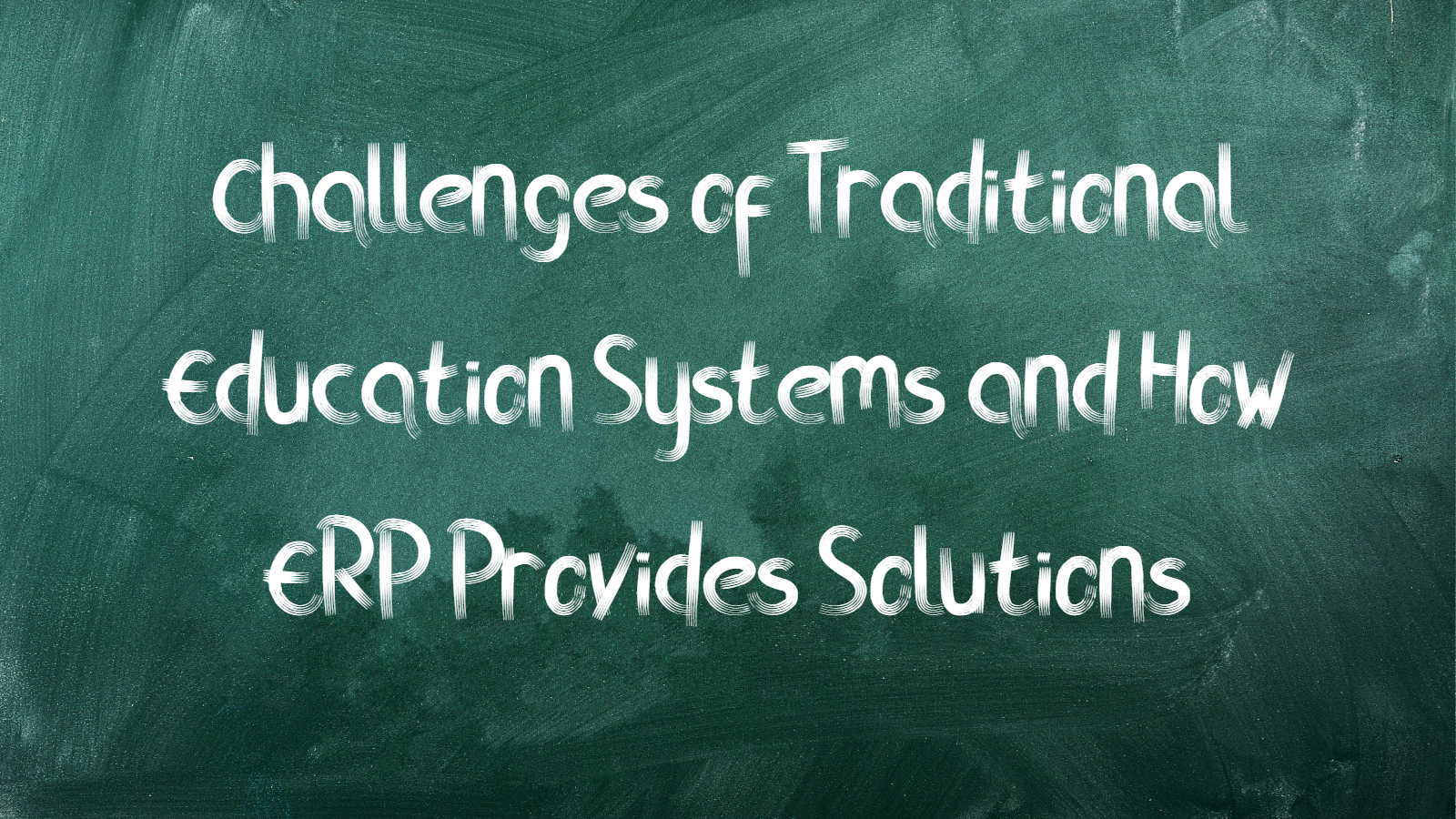Introduction
In the world of business, maintaining a competitive edge is a universal goal. However, achieving this objective is far from easy. Businesses, irrespective of their size, struggle with the challenge of efficiently managing their operations. Enter Enterprise Resource Planning (ERP) – the tool that effortlessly propels companies toward that sought-after competitive advantage.
In this blog post, we look into ERP systems, uncovering its significance and the impact it has on modern businesses.
Decoding ERP: The Nerve Center of Business
At its core, ERP stands for Enterprise Resource Planning, serving as the nerve center that seamlessly connects diverse departments and functions within a business into a unified system.
Suppose you own a toy factory, a venture that involves different tasks—crafting toys, managing materials, tracking orders, handling finances, and more.
Attempting to navigate these processes manually can be overwhelming. ERP steps in to simplify the complexity by consolidating crucial information in one centralized location. Whether it’s checking stock levels for teddy bears or reviewing the sales figures for toy cars, ERP provides quick and efficient access to essential data.
Moreover, ERP facilitates effective communication among different aspects of a business. By ensuring everyone has access to the same information, it becomes clear to determine what strategies contribute to business growth and what require refinement.
The Why Behind ERP: Unveiling its Strategic Advantages
ERP software has become a buzzword in the business realm, and for good reason. The strategic advantages it offers are compelling, making it an indispensable tool for modern enterprises.
Streamlining Operations:
One of the main benefits of ERP is the streamlining of operations. By consolidating data and processes into a single system, ERP prevents silos, ensuring everyone operates from the same playbook. This not only enhances efficiency but also diminishes the likelihood of human errors associated with manual entries.
Real-time Data for Informed Decision-Making:
Access to prompt and accurate information is crucial. ERP delivers real-time insights into inventory and customer-related data, empowering businesses to make swift and well-informed decisions. A survey by Panorama Consulting revealed that 53% of companies experienced improved decision-making post-ERP implementation.
Enhanced Customer Service:
Customer satisfaction is at the center of any successful business. ERP systems contribute to delivering top-notch customer service by providing instant access to customer requirements and preferences. This leads to faster responsiveness, personalized communications, and an overall improvement in service quality. According to Aberdeen Group, businesses leveraging ERP witnessed a 24% improvement in satisfaction rates.
Cost Savings and Efficiency Gains:
While the initial implementation of ERP may seem like a significant expense, its long-term returns and efficiency benefits make it a cost-effective investment. Automating routine functions reduces errors from manual activities. Nucleus Research reported that, on average, ERP systems enhance employee productivity by an impressive 22%.
Compliance and Risk Management:
Adhering to regulations is crucial in the ever-changing business landscape. ERP systems play a vital role in helping businesses comply with industry standards and regulations. Through data centralization and robust security measures, ERP becomes a cornerstone in risk management, shielding organizations from potential vulnerabilities. TechRepublic reported that 95% of businesses witnessed improvements in their compliance programs through ERP implementation.
Conclusion: Embracing the Future with ERP
In a business landscape driven by technological advancements, utilizing tools like ERP is not just a good idea; it’s a business necessity. Among the wide range of powerful tools, ERP stands out as a superhero for businesses, addressing various challenges encountered daily. Choosing ERP is similar to unlocking a treasure chest of possibilities, fostering growth, nurturing innovation, and ensuring sustained competitiveness.
ERP is not merely a tool; it serves as the backbone that upholds businesses in a world where technology reigns supreme. Whether it’s ensuring optimal product availability or gaining real-time insights into business performance, ERP functions as a superhero, orchestrating seamless operations.
Understanding why businesses embrace ERP is like unraveling its special powers—the ability to fortify businesses, enhance efficiency, and ensure superlative success. It’s not just about adopting new technology; it’s about securing your business for the present and the future. ERP is the secret formula for business success, and embracing it is synonymous with embracing the future.
Unlocking Possibilities with Elvis ERP
Among the plethora of ERP solutions available, Elvis ERP stands out as a beacon of innovation. Boasting Microsoft certification and a global clientele, Elvis ERP has left an indelible mark on the business landscape with its avant-garde solutions. To embark on a transformative journey for your business, take the first step by contacting us for a free consultation. Elvis ERP is not just a solution; it’s a partner in your business’s evolution.
Frequently Asked Questions (FAQs)
What is ERP, and why do businesses use it?
Enterprise Resource Planning (ERP) is a comprehensive software solution that integrates various business processes into a unified system. Businesses use ERP to streamline their operations, enhance efficiency, and facilitate better decision-making. It acts as a centralized hub for data, providing a holistic view of the organization’s activities.
How does ERP contribute to operational efficiency?
ERP contributes to operational efficiency by eliminating data silos and streamlining processes across different departments. This integration reduces manual tasks, minimizes errors, and improves overall productivity. With ERP, businesses can automate routine operations, allowing employees to focus on more strategic tasks.
What role does real-time data play in the adoption of ERP?
Real-time data is a game-changer in today’s fast-paced business environment. ERP systems provide instant access to critical information, enabling timely and informed decision-making. This capability is crucial for businesses looking to stay agile, respond quickly to market changes, and gain a competitive edge.
How does ERP support better customer service?
ERP systems enhance customer service by consolidating customer-related data. With a unified view of customer information, businesses can provide personalized and efficient service. Quick access to order histories, preferences, and inquiries allows for a more seamless and satisfying customer experience, ultimately fostering loyalty.
Can ERP systems contribute to cost savings for businesses?
Yes, ERP systems are designed to contribute to cost savings in the long run. By automating processes, reducing manual errors, and optimizing workflows, ERP enhances overall operational efficiency. Studies have shown that businesses implementing ERP solutions experience significant cost savings over time, making it a strategic investment for financial sustainability.








